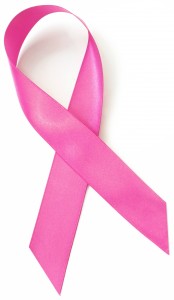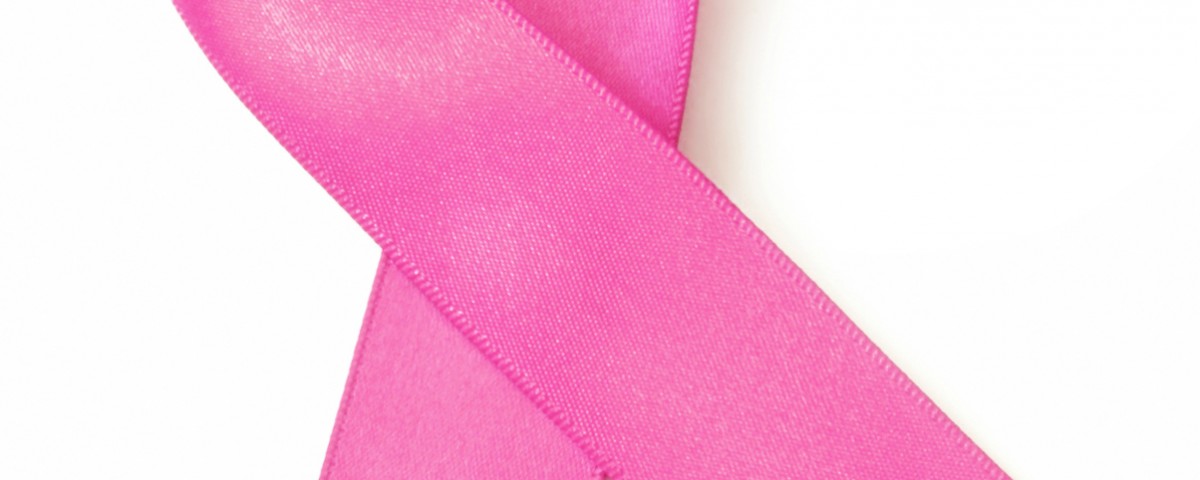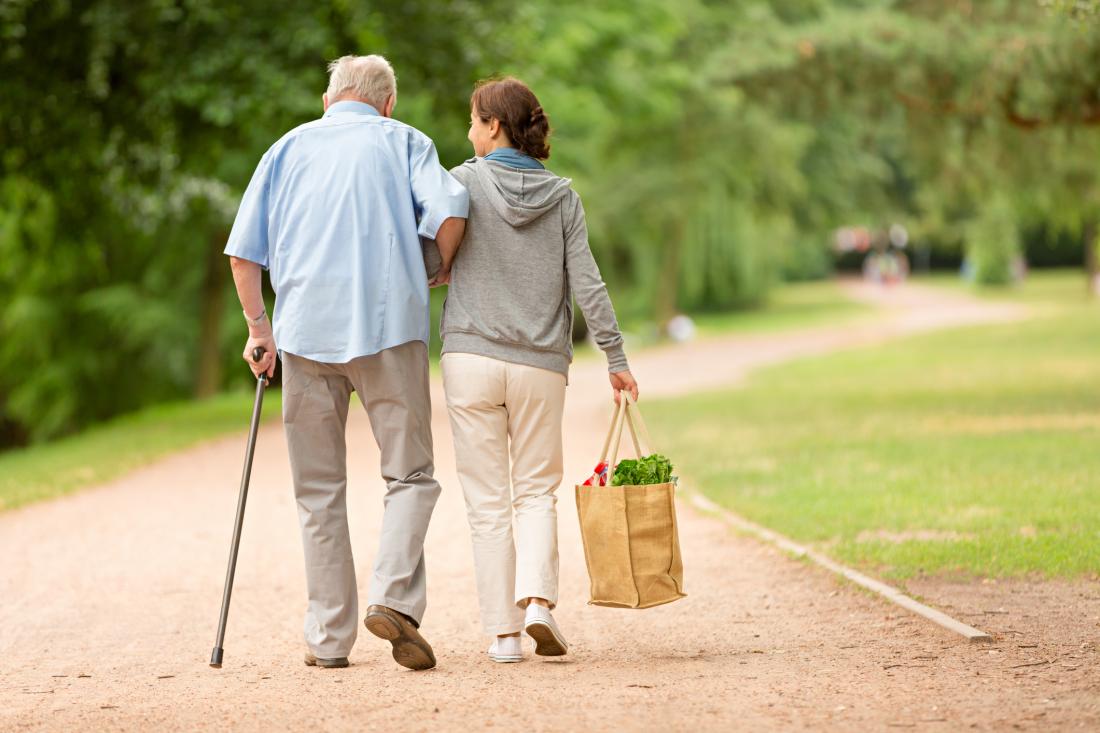Pain?? No gain!!
September 29, 2015
Do you suffer from chondromalacia?
October 21, 2015It would be misleading to say that cancer of any form can be prevented. Cancer can arise from everything now a days but perhaps in years to come, research will come up with a way to prevent it, but there are certain steps that can be taken from a young age to reduce your risk.
For women, breast cancer is the most common form of cancer and the second leading cause of cancer deaths. While most of the risk factors of breast cancer such as age and gender are not under our control, we can control other factors such as lifestyle, diet, and exercise.
With October being Breast Cancer Awareness month, it would be useful for everyone including men to make the necessary changes to avoid this disease.
Follow these 9 tips:
- Maintain a healthy weight:Obesity becomes more of a risk factor in women after the menopause, a time when controlling weight can also be a problem. The sooner you take control of your weight the better and the easier it will be later on in life. Stored fat around the belly will release estrogen in the bloodstream, the main hormone contributing to breast cancer. A healthy weight comes from eating well and clean and exercising on a regular basis.
- Avoid alcohol:Alcohol is known to increase the risk of breast cancer, so avoid it as much as you can or have an occasional glass of wine once a week.
- Stay active:A brisk walk or a light jog for 30 minutes 5-6 times a week is the recommended amount of exercise to feel good and prevent any disease or sickness. Even if you start later on in life, it could reduce your risk of cancer by up to 30%.
- Follow a healthy diet:A diet high in vegetables and fruit, lean protein, whole grains, healthy fats and low in trans fats and all refined sugars works for avoiding breast cancer. Antioxidants in fruits and vegetables act as cancer fighters kicking out the free radicals from your body. The superstars for cancer protection are cruciferous veggies such as cabbage, broccoli, brussel sprouts, cauliflower, dark leafy vegetables such as spinach, kale, watercress and beta-carotene containing foods such as carrots, peppers and sweet potatoes. Other foods include tomatoes, papaya and berries. NOTE: taking supplements is not as effective as eating fruits and vegetables as a whole! Minimize your consumption of trans fats found in fried foods and most packaged foods, and processed foods. Instead maximize your intake of omega 3 fatty acids found in oily fish and walnuts as well as monounsaturated fats found in olive oil, nuts/seeds and avocados.
- Quit smoking:Research suggests that long term smoking in women can increase the risk of breast cancer.
- Reduce stress:It will damage and weaken your immune system which means your body will be more susceptible to disease
- Breast feed: Studies have shown that women who breast feed for at least a year in total have a reduced risk of breast cancer.
- Avoid hormone replacement therapy:Menopausal hormone therapy has been shown to increase the risk of breast cancer. If you must take hormones to manage menopausal symptoms, avoid progesterone and limit their use to less than three years. Any kind of hormone “manipulation” including hormonal creams and gels are no safer than prescription hormones: please avoid.
- Self-examine/Get tested: The message the Safe & Sound campaign is trying to get through is to start to regularly check your breasts for lumps, dimpling, discharge from the nipples or inversion, size, asymmetry, tenderness/pain. Men should also look out for these early warning signs as well. After the age of 40, it is a good idea to have a mammogram at least every other year. Although this won’t prevent cancer, it will help catch it early. Some statistics show that if caught early enough, there is a survival rate as high as 98 per cent.
Remember to think pink and spread these tips along every woman you know.



